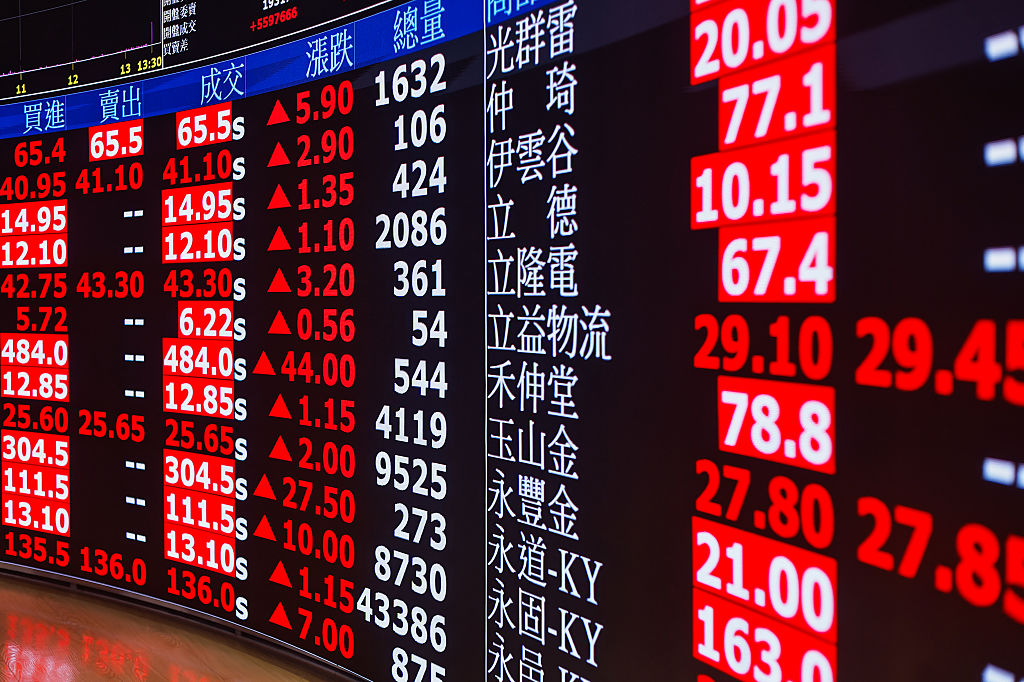India’s stock markets have rebounded after a brief decline triggered by escalating tensions between New Delhi and Islamabad following the April 22 attack in Pahalgam, which claimed 26 lives.
During Monday’s intraday trade, the Sensex surged nearly 1,000 points (1.3%), while the Nifty rose about 300 points (1.23%) to reach 24,329—demonstrating the market’s underlying resilience despite ongoing geopolitical concerns.
Historical data shows that Indian markets have consistently weathered geopolitical shocks stemming from past tensions between the two neighbors.
For instance, following the Pulwama terror attack on February 14, 2019, markets registered just a 0.2% decline the next day, reflecting investors’ long-term confidence in India’s economic stability.
Subsequently, after the Indian Air Force’s Balakot airstrikes on February 26, 2019, the Sensex fell 239 points and the Nifty slipped 44 points. However, the Sensex rebounded the very next day, opening 165 points higher and closing flat, underscoring the market’s quick recovery.
Similarly, during the Uri surgical strikes in September 2016, the Sensex dropped around 400 points and the Nifty lost about 156 points. Yet, both indices regained ground in the following sessions.
Even during the 26/11 Mumbai terror attacks in 2008, contrary to global expectations, the Sensex surged nearly 400 points and the Nifty gained around 100 points, once again highlighting market resilience.
The 1999 Kargil War offers perhaps the most striking example: despite the conflict lasting almost three months, the Sensex soared by more than 1,100 points and the Nifty rose over 300 points, recording gains of around 33% during the period.
While short-term volatility is inevitable during periods of geopolitical tension, Indian stock markets have consistently demonstrated a robust ability to rebound and thrive over the longer term.
(With IANS inputs)




















